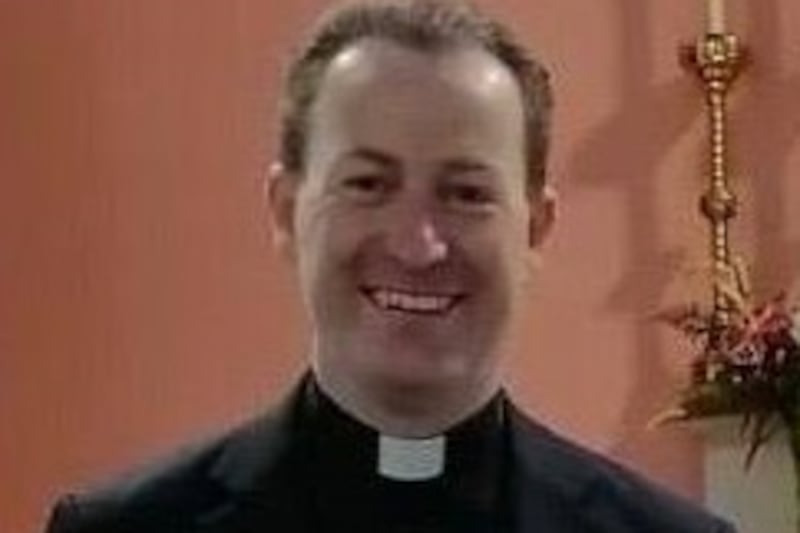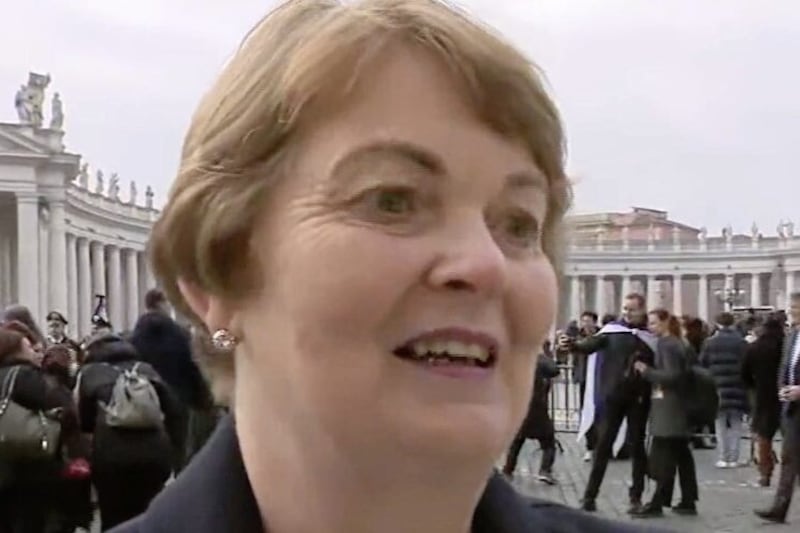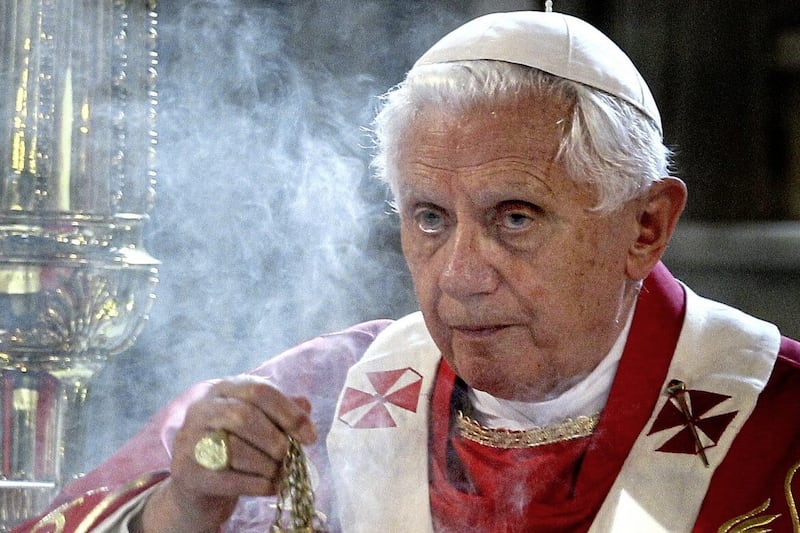There will be a widespread feeling that the biggest decision taken by the late Pope Benedict XVI, which was retiring on health grounds in 2013, was probably his wisest move.
It took considerable courage to become the first pontiff in six centuries to withdraw from his ministry, but in retrospect it was a justified conclusion.
There were firm indications that many popes, including Benedict’s immediate predecessor, John Paul II, remained in office through personal commitment and a sense of duty when their physical condition had declined significantly.
John Paul II, the third longest serving pope in history, was known to have suffered from Parkinson’s disease from 2001, and had considerable difficulty with his speech and hearing as well as experiencing severe osteoarthritis, but stayed in his post until his death four years later at the age of 84.
His successor, Benedict, clearly noted this sad history before concluding that it was appropriate to resign at the age of 85, citing his deteriorating strength and the enormous demands of the papacy, and handing over the reins of power to Francis, then aged 76.
Benedict was the first German pope in 1,000 years when elected in 2005, and a hugely respected theologian who had made a major impact as head of the Vatican's doctrinal office, then known as the Congregation for the Doctrine of the Faith (CDF), for the previous 25 years.
However, he was also a contentious figure, regarded as strongly associated with the most conservative aspects of Catholicism, and suffered from comparisons with the hugely charismatic John Paul II.
Benedict was surrounded by the consequences of appalling child abuse scandals for much of his papacy, although he was credited with prioritising attempts to discipline or defrock predator priests after a more lax attitude under his predecessor.
There were long term concerns about his distant attitude to other faiths, with Muslims in particular expressing deep alarm about his interventions, and there was a sense that his instincts largely belonged to another era.
He devoted himself to prayer and study when he retired, and, despite suggestions that their relationship was not close, was regularly visited in his monastery by the more modernising and progressive Pope Francis.
It may well be that Francis, now aged 86 and with his own health issues, appreciates that the precedent created when Benedict stood down was in the best interests of the Catholic Church.








